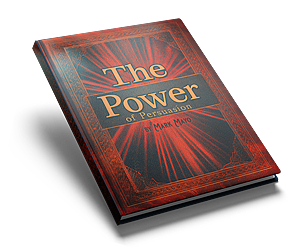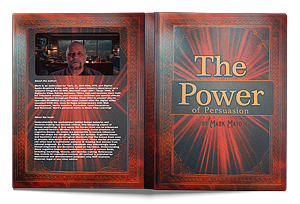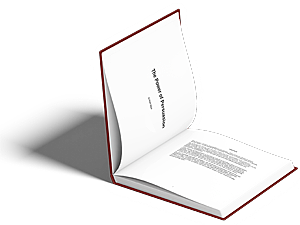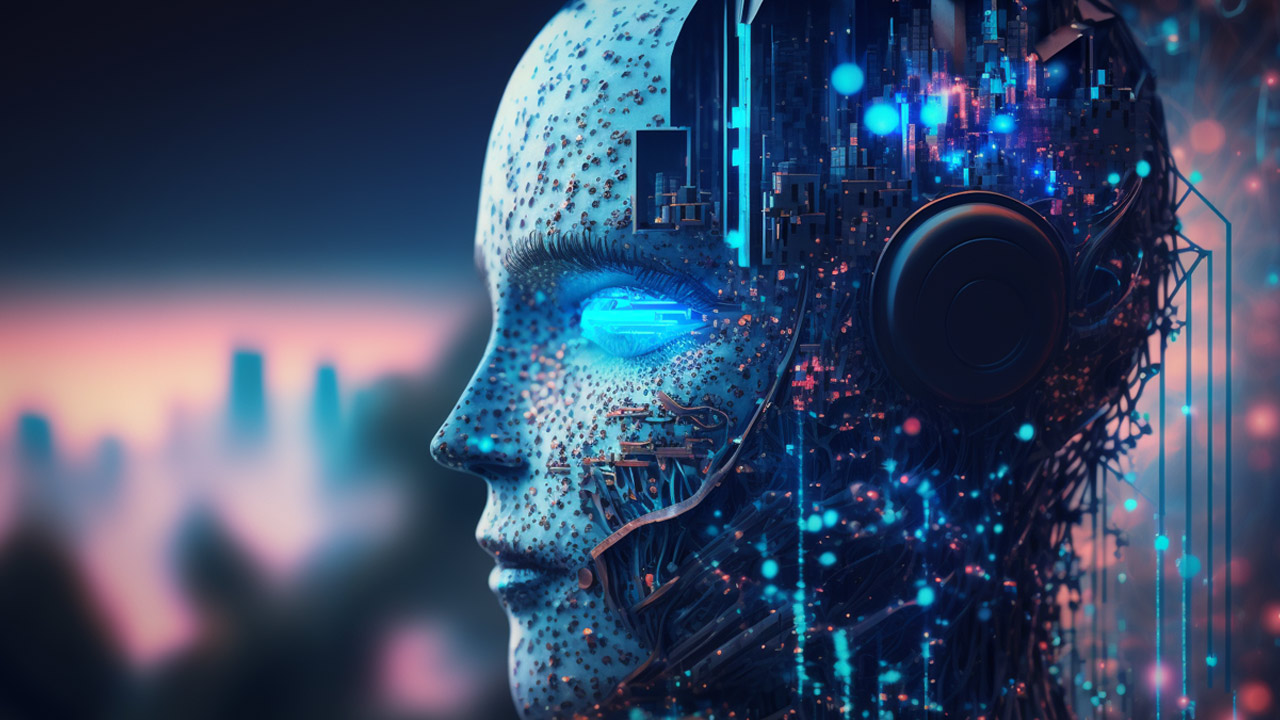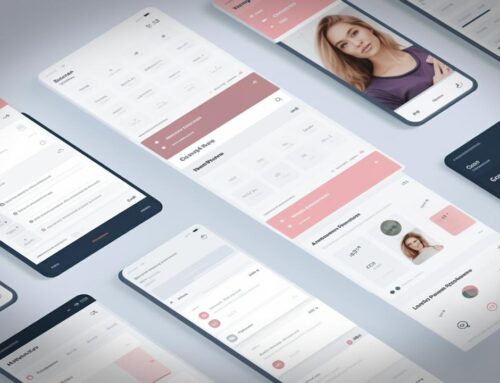Artificial intelligence (AI) has become an indispensable tool in various industries, and marketing is no exception. This article explores how AI is transforming marketing through personalized content, predictive analytics, chatbots, social media monitoring, and more.
Personalized Content
AI-driven marketing platforms help marketers create personalized content that resonates with their target audience:
AI-Generated Content
- AI algorithms can generate human-like content based on user data and preferences.
- AI tools can create personalized emails, social media posts, and blog articles.
- These tools save time and resources for marketers.
Dynamic Content
- AI-powered marketing platforms can analyze and adapt content in real-time.
- Adjustments can be made based on users’ preferences, behavior, or device type.
- This personalization leads to better engagement and conversion rates.
Predictive Analytics
AI allows marketers to use predictive analytics to optimize their marketing strategies:
Customer Segmentation
- AI algorithms can analyze large datasets to identify patterns and trends.
- Marketers can segment customers based on demographics, interests, and behavior.
- This enables targeted marketing campaigns with higher conversion rates.
Churn Prediction
- AI can predict when customers are likely to leave, allowing marketers to take proactive measures.
- Marketers can identify customers at risk of churn and target them with personalized offers.
- This helps to retain customers and reduce overall churn rates.
Chatbots and Virtual Assistants
AI-powered chatbots and virtual assistants enhance customer experience and streamline marketing efforts:
Customer Support
- AI chatbots provide instant support to customers.
- They can handle common queries, freeing up human agents for more complex issues.
- Chatbots can learn from interactions and improve their responses over time.
Lead Generation
- Chatbots can engage with potential customers and gather valuable information.
- They can qualify leads and pass them on to the sales team.
- This process saves time and ensures that sales teams focus on high-quality leads.
Social Media Monitoring and Sentiment Analysis
AI-powered tools enable marketers to monitor social media and analyze customer sentiment:
Brand Monitoring
- AI algorithms can track brand mentions, hashtags, and keywords.
- This helps marketers understand how their brand is perceived in real-time.
- It allows for quick responses to negative feedback and capitalizing on positive sentiment.
Sentiment Analysis
- AI tools can analyze text, images, and videos to determine customer sentiment.
- This helps marketers tailor their strategies based on public opinion.
- Sentiment analysis can also be used to assess the success of marketing campaigns.
AI-Driven Ad Optimization
AI helps marketers optimize their advertising efforts through better targeting and automation:
Programmatic Advertising
- AI algorithms can analyze data to optimize ad targeting and placements.
- This results in more effective campaigns with higher conversion rates.
- Marketers can optimize their advertising budget and reduce wasted spending.
A/B Testing
- AI can automate the A/B testing process, allowing for rapid optimization of marketing strategies.
- Algorithms can test multiple variations of ads, landing pages, or emails.
- Results are analyzed quickly, enabling marketers to make data-driven decisions.
Final Thoughts
AI has become an integral part of marketing, allowing for personalized content, better targeting, and improved customer experiences. By leveraging AI, marketers can optimize their strategies, drive higher conversion rates, and achieve overall success in their marketing efforts.
